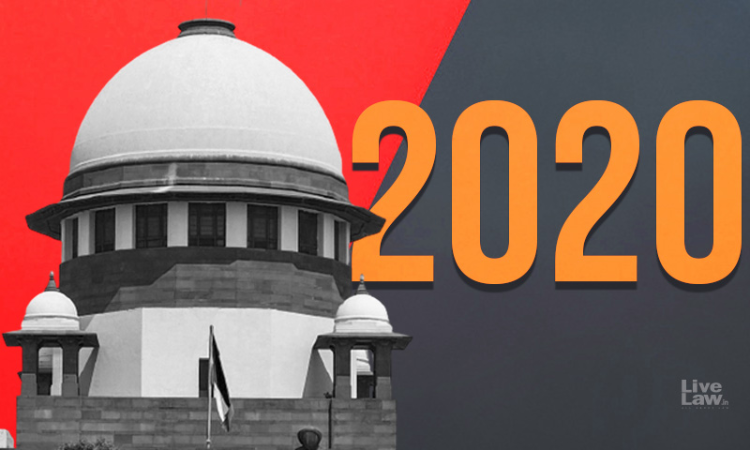- Home
- /
- Top Stories
- /
- References Answered And Made By...
References Answered And Made By Supreme Court In 2020
LIVELAW NEWS NETWORK
28 Dec 2020 9:19 AM IST
In the COVID-19 affected 2020, where the Supreme Court was functioning in virtual mode throughout except for the first three months of the year, several substantial points of law were settled by answering long pending references.Also, some new points of public importance were referred to larger bench. Here is a look at some of such important judgments(in no particular order).1. Judicial...
Next Story



